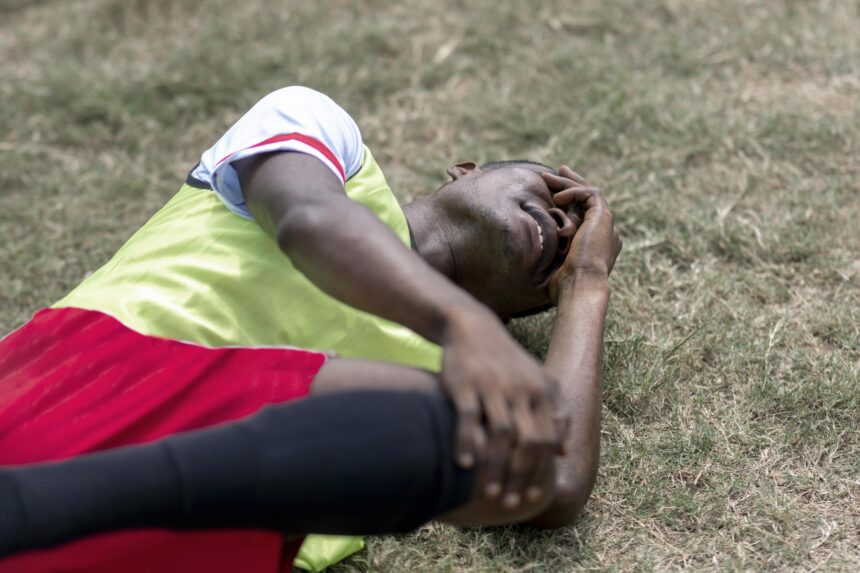Multiple Sclerosis (MS) is a chronic autoimmune disease of the central nervous system that affects millions of people worldwide, including a significant number in South Africa. MS can cause a wide range of symptoms, including fatigue, difficulty walking, muscle weakness, cognitive changes, and sensory disturbances. While there is no cure for MS, there are various strategies and resources available in South Africa to support individuals in managing their condition and enhancing their quality of life. This article explores the importance of support and rehabilitation for individuals living with MS in South Africa.
- Accessing Medical Care: Seeking proper medical care is essential for individuals with MS in South Africa. Establishing a relationship with a healthcare professional experienced in treating MS, such as a neurologist, is crucial. Regular check-ups allow for monitoring the progression of the disease and adjusting treatment plans accordingly. Healthcare professionals can prescribe disease-modifying therapies that help reduce the frequency and severity of relapses and slow the progression of MS.
- Support Groups and Networks: Joining support groups or networks specifically designed for individuals with MS can provide a sense of belonging and understanding. These communities offer an opportunity to share experiences, exchange information, and provide emotional support. In South Africa, organizations like the Multiple Sclerosis South Africa (MSSA) provide resources, support networks, and educational materials for individuals with MS and their families. Connecting with others who face similar challenges can be empowering and help individuals navigate the complexities of living with MS.
- Rehabilitation Services: Rehabilitation plays a crucial role in managing MS-related symptoms and maintaining independence. In South Africa, various rehabilitation services are available to address specific needs. Physiotherapy can help individuals improve mobility, strength, and balance. Occupational therapy focuses on enhancing daily functioning and adapting the environment to accommodate limitations. Speech and language therapy can address communication and swallowing difficulties. Rehabilitation services can also provide strategies for managing fatigue, pain, and cognitive changes associated with MS.
- Assistive Devices and Adaptive Equipment: Assistive devices and adaptive equipment can greatly improve the quality of life for individuals with MS. In South Africa, there are resources available to help individuals access appropriate aids. Mobility aids, such as canes, walkers, and wheelchairs, can assist with ambulation. Accessibility modifications to homes and workplaces, such as ramps or handrails, can promote independence. Additionally, specialized equipment and technologies, such as voice-activated software or ergonomic tools, can help individuals overcome challenges in daily activities.
- Emotional and Mental Health Support: Living with a chronic condition like MS can take a toll on one’s emotional and mental well-being. It is crucial for individuals to prioritize their mental health and seek support when needed. Psychologists or counselors can provide therapy and coping strategies to manage the emotional impact of MS. In South Africa, mental health services are available through public healthcare facilities and private practices. It is important to recognize the signs of depression, anxiety, or other mental health concerns and seek professional help when necessary.
- Lifestyle Modifications: Making lifestyle modifications can have a positive impact on managing MS. Regular exercise, within individual capabilities, can help improve strength, flexibility, and overall well-being. Healthy eating habits, including a balanced diet rich in fruits, vegetables, and whole grains, can support overall health. Managing stress through techniques such as mindfulness, relaxation exercises, and engaging in enjoyable activities is also beneficial. Adequate rest and sleep are important for managing fatigue, a common symptom of MS.
Living with MS in South Africa requires a comprehensive approach that encompasses medical care, support networks, rehabilitation services, and lifestyle modifications. By accessing available resources and building a support system, individuals with MS can effectively manage their condition and lead fulfilling lives. It is important to stay informed about the latest research and treatment options and advocate for one’s needs within the healthcare system. With proper support and rehabilitation, individuals living with MS can navigate the challenges associated with the condition and optimize their well-being.










